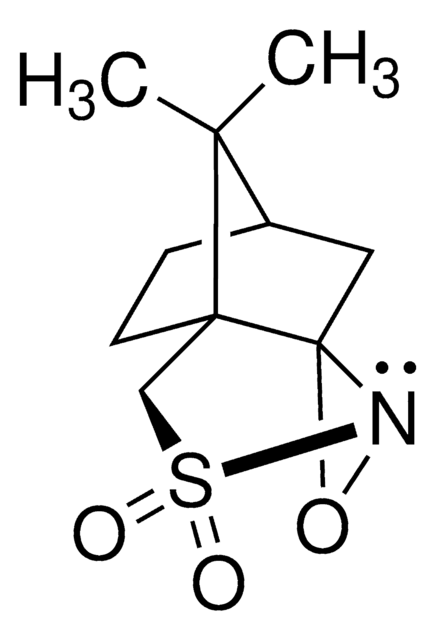714844
4-(Dimethylamino)pyridine solution
0.5 M in THF
Synonym(s):
DMAP solution
About This Item
Recommended Products
form
liquid
concentration
0.5 M in THF
refractive index
n20/D 1.417
density
0.884 g/mL at 25 °C
SMILES string
CN(C)c1ccncc1
InChI
1S/C7H10N2/c1-9(2)7-3-5-8-6-4-7/h3-6H,1-2H3
InChI key
VHYFNPMBLIVWCW-UHFFFAOYSA-N
Looking for similar products? Visit Product Comparison Guide
Signal Word
Danger
Hazard Statements
Precautionary Statements
Hazard Classifications
Acute Tox. 4 Dermal - Acute Tox. 4 Oral - Aquatic Chronic 3 - Carc. 2 - Eye Dam. 1 - Flam. Liq. 2 - STOT SE 2 - STOT SE 3
Target Organs
Central nervous system, Nervous system, Respiratory system
Supplementary Hazards
Storage Class Code
3 - Flammable liquids
WGK
WGK 3
Flash Point(F)
-0.0 °F
Flash Point(C)
-17.8 °C
Choose from one of the most recent versions:
Already Own This Product?
Find documentation for the products that you have recently purchased in the Document Library.
Customers Also Viewed
Our team of scientists has experience in all areas of research including Life Science, Material Science, Chemical Synthesis, Chromatography, Analytical and many others.
Contact Technical Service















